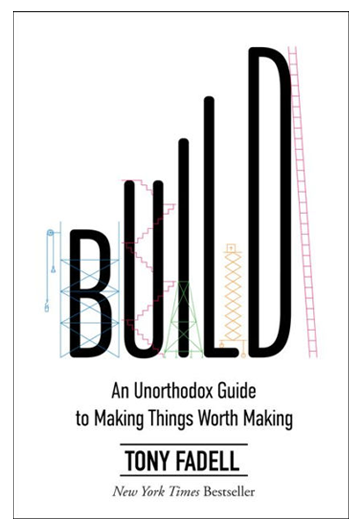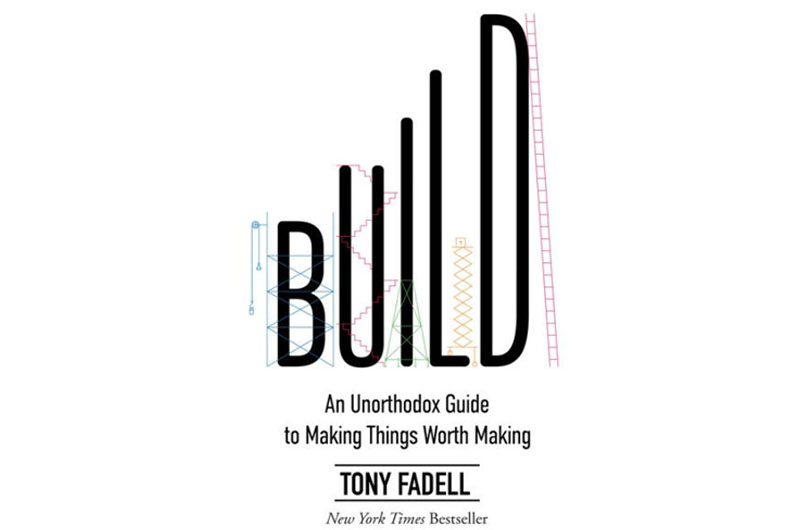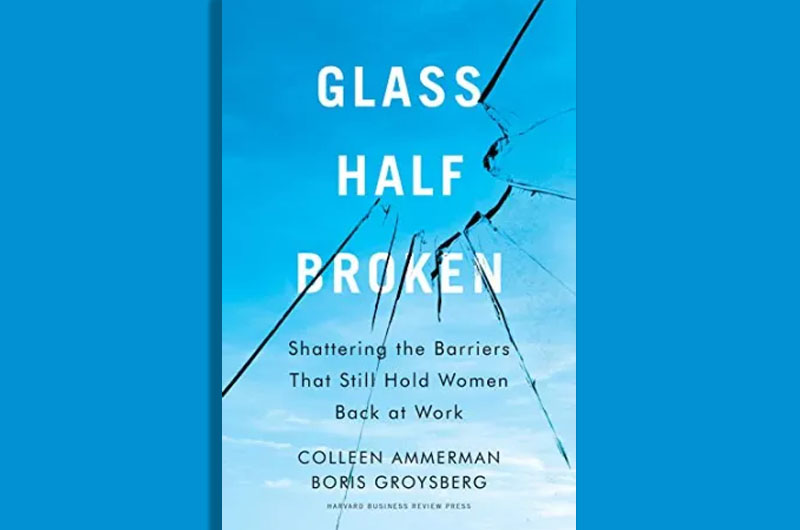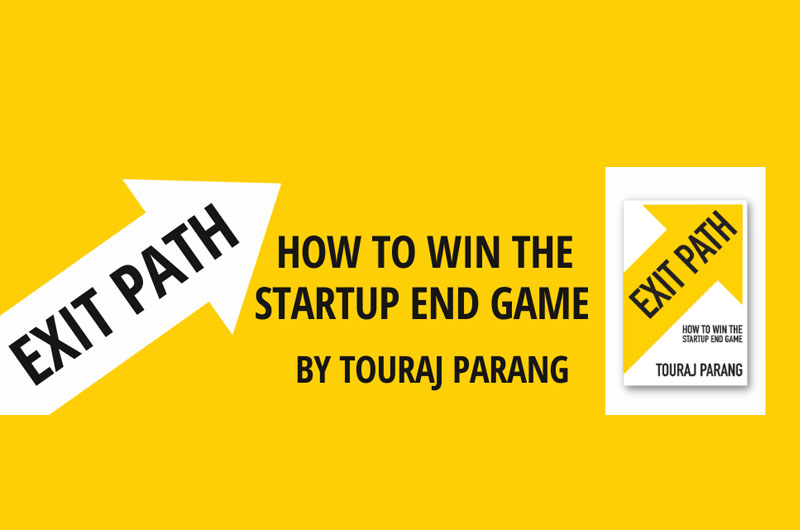
Build: An Unorthodox Guide to Making Things Worth Making
Tony Fadell
HarperBusiness/An Imprint of HarperCollins (May 2022)
“Everything begins with asking ‘Why?’” Simon Sinek
It is also true that “Building anything begins with asking ‘Why?’”
Sinek agrees with Peter Drucker: “There is surely nothing quite so useless as doing with great efficiency what should not be done at all.” And Tony Fadell agrees with both Sinek and Drucker. He wrote this book “for anyone who wants to create something new, who is chasing excellence, who doesn’t want to waste their precious time on this precious planet…This book isn’t trying to be a biography — I’m not dead yet. It’s a mentor in a box. It’s an advice encyclopedia…This book is about what I’ve learned — typically the hard way.”
Fadell’s Introduction provides detailed information about his adventures and misadventures, his successes and failures, in the vineyards of free enterprise during a period that extends from 1969 when he was born and then attended twelve schools during the next fifteen years until now when he leads the investment and advisory firm Future Shape “where he mentors the next generation of startups that are changing the world.”
These are among the dozens of passages that caught my eye, also listed to indicate the scope of Fadell’s coverage:
o A timeline of Fadell’s career, to date (Pages xiv-xix)
o Personal growth: Adulthood (5-13)
o Criteria for getting a job (14-15)
o Leadership of teams (37-41)
o Skills required for effective management (46-49)
o Storytelling for Nest Learning Thermostat (113-114, 264-265, and 278-279)
o Disruption of products (116-117 and 119-125)
o Ideation process (173-177)
o Bill Campbell (185-186, 317-319, and 351-353)
o Investors and investment capital: Startups (189-200)
o Crisis management: “The Basic Playbook” (218-219)
o Team size and breakpoints (243-249)
o Design thinking (261-269)
o Expectations of CEOs (322-325, and 328-329)
o Mentor/Coach relationships (373-376)
How did Southwest Airlines achieve profitability and cap value greater than all of its nine major competitors COMBINED? Then chairman and CEO, Herb Kelleher replied, “We take great care of our people. They take great care of our customers. And our customers take great care of our shareholders.”
Who will derive the greatest benefit from this book? Probably those who are now preparing for a career in business or have only recently embarked upon one. Also, supervisors (especially first-timers) who have several direct-reports entrusted to their care. And probably those who are actively involved with a startup pre- or post-launch. Fadell has wide and deep real-world experience and thus seems uniquely qualified to explain the most important dos and don’ts
Heartfelt congratulations to Tony Fadell on a brilliant achievement. Bravo!
I presume to conclude with two recommendations. First, highlight key passages and keep a lined notebook near at hand while reading and then (hopefully) re-reading this book. (I favor optic yellow and the Mead “marble” version.) Record your own comments, questions, page references, etc. These two tactics will facilitate, indeed expedite frequent review of key material later.
Also, keep in mind that, ultimately, there are no marketing, finance, sales, or HR issues…only BUSINESS issues. Everything a company does and how it does it must add value — directly or indirectly — to everyone within the given enterprise.




